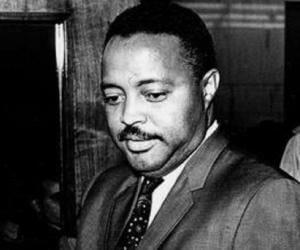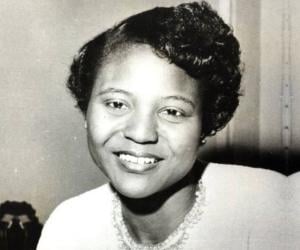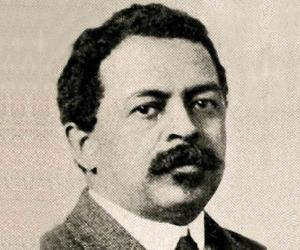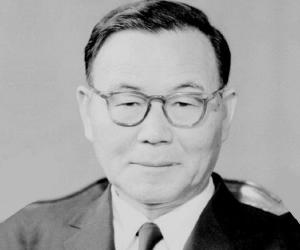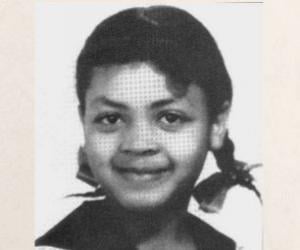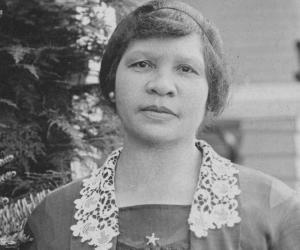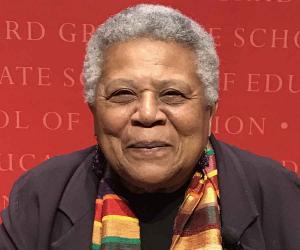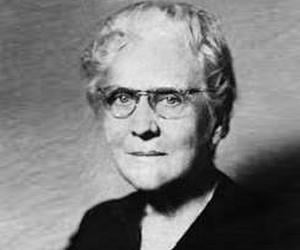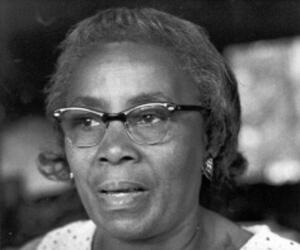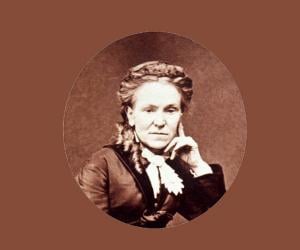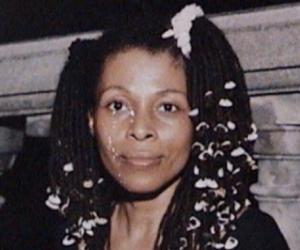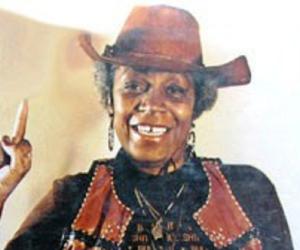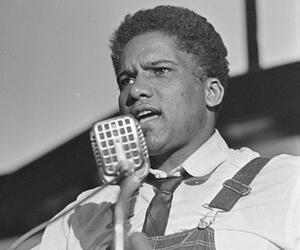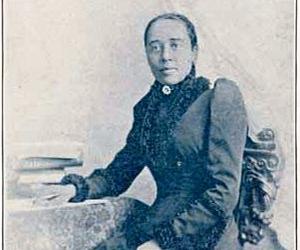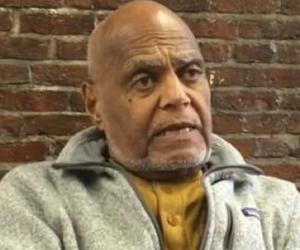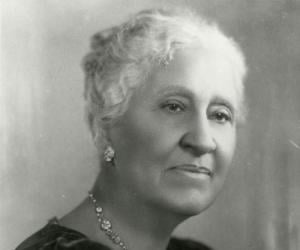Quick Facts
Also Known As: Hosea Lorenzo Williams, Dr. Hosea Williams
Died At Age: 74
Family:
Spouse/Ex-: Juanita T. Williams
father: Willie Wiggins
children: Andre Williams, Barbara Emerson, Elisabeth Omilami, Hosea Williams, Hyron Williams, II, Jaunita Collier, Torrey Williams, Yolanda Favors
Philanthropists Civil Rights Activists
Died on: November 16, 2000
place of death: Atlanta
Ideology: Democrats, Republicans
U.S. State: Georgia
More Facts
education: Clark Atlanta University, Morris Brown College
Childhood & Early Life
Hosea Lorenzo Williams was born on January 5, 1926, in Attapulgus, Georgia, to teenage parents who were committed to a trade institute for the blind in Macon. When her mother learnt about her pregnancy she ran away from the institute.
Williams lost her mother at the age of 10, who died due to childbirth complications while giving birth to her second child. Thereafter, the two children were raised by their maternal grandparents, Lela and Turner Williams.
At the age of 14, Williams was forced to leave home so as to avoid being lynched due to his alleged affair with a white girl. After working on menial jobs during the next three years in Florida, he was drafted in the U.S. Army during the Second World War.
In the war, he served in an all-black unit under General George S. Patton and rose to the rank of Staff Sergeant. After being severely wounded in the battle, Williams spent a year recovering in a military hospital in Europe but was left with a permanent limp.
Upon returning from the war, Williams finished his high school and then attended the Morris Brown College in Atlanta. After graduating with a bachelor’s degree in chemistry, he went on to earn a master’s degree from the Atlanta University.
Career
In early 1950s, after completing his post-graduation, Williams started working as a research chemist for the U.S. Department of Agriculture in Savannah, Georgia, a position he retained until 1963. In the meantime, he was also ordained as a minister.
In 1952, while working as a chemist, Williams first became involved in the civil rights movement when he joined the National Association for the Advancement of Colored People (NAACP).
In the early 1960s, Williams joined the Southern Christian Leadership Conference (SCLC) and subsequently emerged as one of the most trusted officers of Martin Luther King Jr. In 1964, as an important member of SCLC, Williams helped in conducting black voter registration drives in the Freedom Summer.
The following year, in March 1965, Williams played a leadership role in the march for voting rights from Selma to Montgomery, during which the marchers were tear-gassed and brutally beaten by police; the event came to be known as ‘Bloody Sunday’.
In 1965, William was appointed the president of the SCLC’s Summer Community Organization and Political Education. In 1968, he became the field director for the SCLC’s Poor People’s Campaign and worked together with the Coordinating Council of Community Organizations on the Chicago Campaign.
In the 1970s, Williams was elected as the executive director of the SCLC, a position he retained for several years before being ousted in a power struggle. In 1974, Williams entered into mainstream politics upon winning the election to the Georgia State Assembly, serving on the seat until 1985.
In 1985, he was elected as a member of the Atlanta City Council, a position he retained until 1990. From 1990 to 1994, he served as DeKalb County commissioner.
In 1987, Williams led another important civil rights march in the all-white Forsyth County in Georgia, during which the protestors bravely withstood the assault and violence from white supremacists and members of the Ku Klux Klan.
Major Works
As a trusted member of SCLC, he traveled extensively in the South, recruiting and organizing volunteers. In the struggle against segregation, he served as an able civil rights activist, and played an important role in the demonstrations that led to the passage of the Civil Rights Act of 1964 and the Voting Rights Act of 1965.
Philanthropic Works
In 1971, Williams founded the ‘Hosea Feed the Hungry and Homeless’, an international non-profit organization known for providing food, medical and educational supplies to the deprived.
Awards & Achievements
Hosea Williams received the Most Courageous Leadership in the Freedom Movement Award from NAACP for the year 1960-61.
In 1961, Williams was presented Ten Years of Satisfactory Service Award by the U.S. Department of Agriculture.
In 1963, he was given the SCLC National Affiliate of the Year Award in the National SCLC Conference.
Personal Life & Legacy
In the early 1950s, Williams married Juanita Terry. The couple had eight children together, four sons and four daughters.
Hosea Williams died on November 16, 2000, in Atlanta, Georgia, following a three-year battle with kidney cancer. He was buried at the Lincoln Cemetery in Atlanta, Georgia.
See more:


